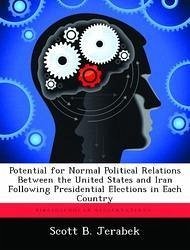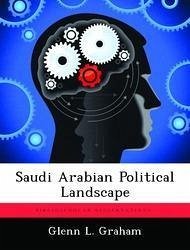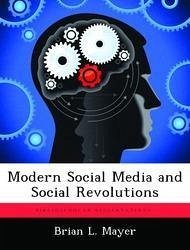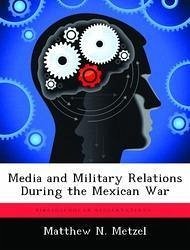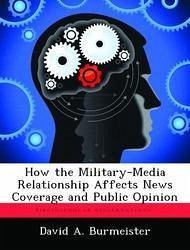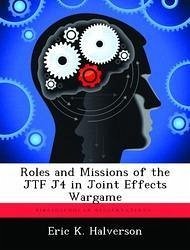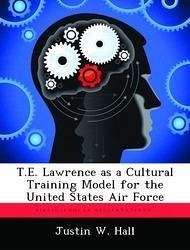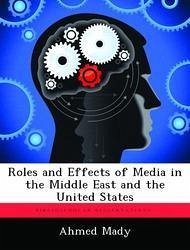
Roles and Effects of Media in the Middle East and the United States
Versandkostenfrei!
Versandfertig in über 4 Wochen
52,99 €
inkl. MwSt.
Weitere Ausgaben:

PAYBACK Punkte
26 °P sammeln!
This monograph examines the role of contemporary media, especially television, in the Middle East and the United States. The object is to highlight similarities and differences, with an eye to selective comparative analysis. To preclude voluminous and unwieldy comparisons, stress falls on the more salient roles played by media in Middle Eastern and U.S. perspective. These roles include the impact of media on military operations, politics, foreign policy, economics, society, and culture The treatment begins with a definition of the "Middle East" and continues with a definition of "media." There...
This monograph examines the role of contemporary media, especially television, in the Middle East and the United States. The object is to highlight similarities and differences, with an eye to selective comparative analysis. To preclude voluminous and unwieldy comparisons, stress falls on the more salient roles played by media in Middle Eastern and U.S. perspective. These roles include the impact of media on military operations, politics, foreign policy, economics, society, and culture The treatment begins with a definition of the "Middle East" and continues with a definition of "media." There follows a tour of Middle East to survey the media establishment and its characteristics across the region. The focus then shifts to the U.S. where developments over the last decade are featured for the sake of drawing larger comparisons. Although media in the U.S. and the Middle East appear quite different, they share many attributes, including the necessity to deal with ownership, to adapt to rapidly changing technology and methods, to contend with the proliferation of mean, to operate in diverse environments, and to deal with the various challenges to forthright news reporting and commentary. From this analysis follow larger conclusions, among them the understanding that media, now more than ever, have the capacity not only to reflect and shape, but also to transform. How this capacity makes itself felt remains largely a function of context and culture. Still, there are underlying common denominators, including the growing intrusiveness of a burgeoning and specializing media establishment in both the Middle East and the U.S. This and related developments mean that, like Ben Franklin's adage about the poor and taxes, "the media will always be with us." The monograph concludes that this understanding has significant ramifications for the relationship between the media and the military in both the U.S. and the Middle East.






